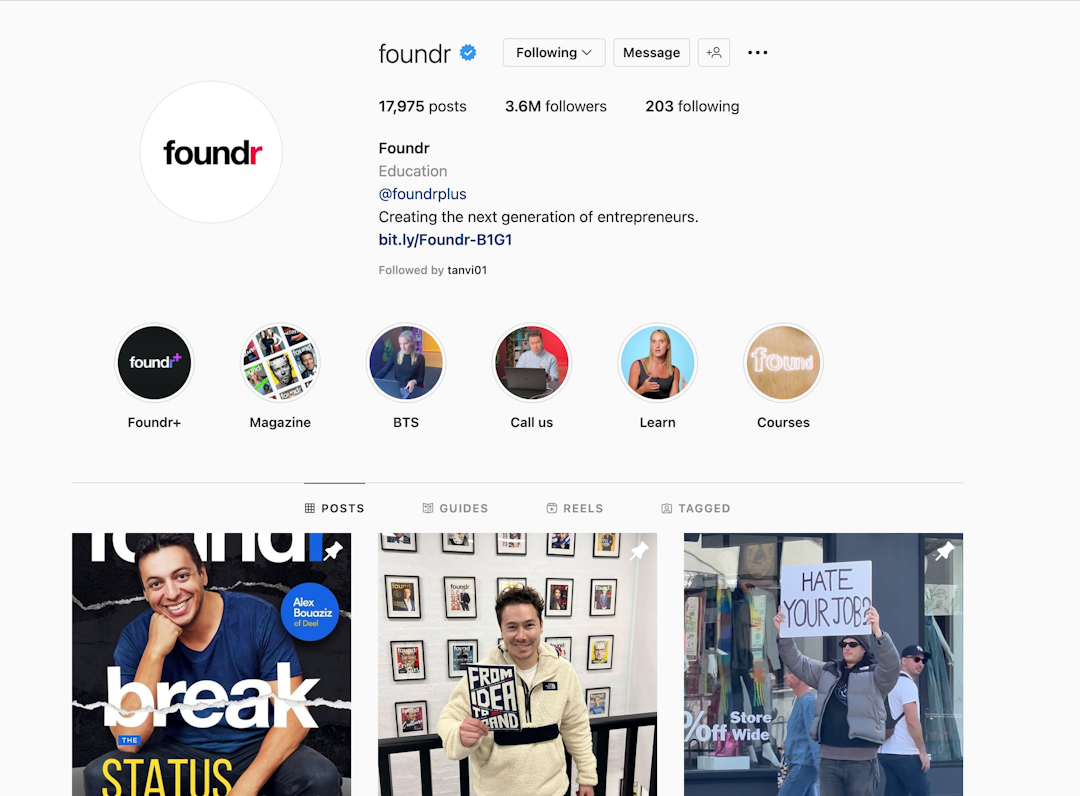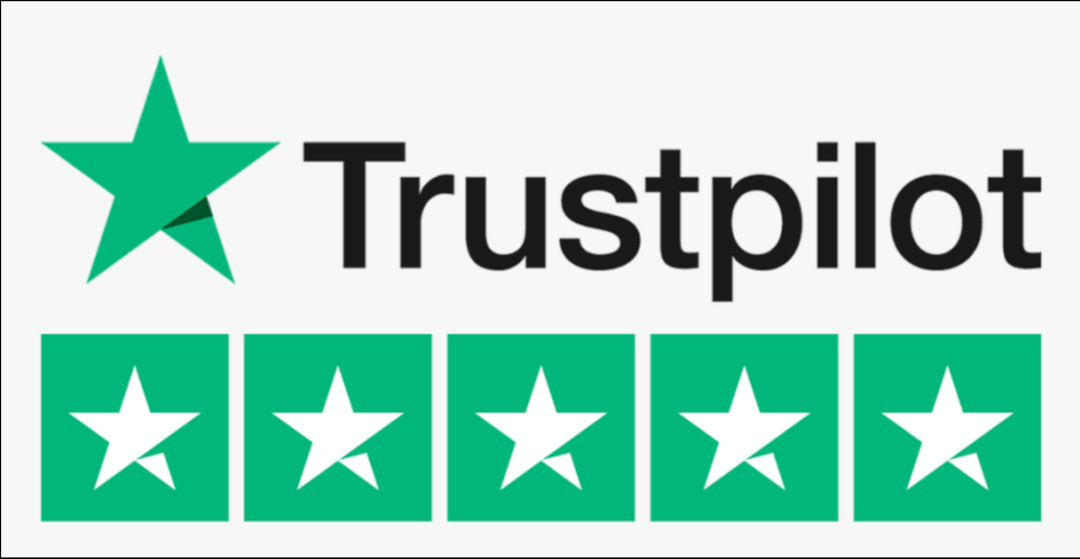27 Sept 2023
Digital Marketing
Robert Cialdini's 4 Persuasion Techniques
- ➡ Authority
- ➡ Scarcity
- ➡ Social Proof
- ➡ Reciprocity
I studied marketing for four years, which has led me to gain valuable insights into how people operate, giving me a competitive edge. While it's true that individuals are unique, it's also true that people share common traits and can be highly predictable. Let me explain.
I recently came across an insightful book called "Influence: The Psychology of Persuasion" by Robert B. Cialdini. In this book, he goes undercover to explore various compliance professions with the sole objective of understanding what influences people to say "yes!"
The four powerful persuasion techniques are Authority, Scarcity, Social Proof, and Reciprocity. These principles can be used independently, but for even greater results, you can combine them.
Keep reading to find out how!
Authority
When a message is intended to prompt action, the source of that message can significantly influence its effectiveness in achieving desired outcomes. Authority has always held a strong influence in human society; respect for positions of power and expertise tends to increase people's willingness to obey. Establishing yourself or your business as an expert in a particular area online can help you build credibility and generate more sales or leads.
So, how can you become an authority? There are several ways! You can share high-value content for free, demonstrating your knowledge and problem-solving abilities to potential customers. Additionally, some readers may discover problems they didn't even know they had, leaving them with a more positive perception of you.
Case studies are also an excellent way to gain expert authority status. By sharing previous projects and showcasing problems you've solved for others, you can build trust in your capabilities to solve similar problems.
Building a large audience can also enhance your authority. A brand with a substantial following instantly appears more credible, and this relates to social proof as well. For instance, consider Foundr, an entrepreneurship magazine with over 3.6 million Instagram followers and a verified badge. At first glance, are you more likely to trust the advice presented by Foundr? Many would. That verified badge signals expertise.

Image: Entrepreneurial magazine, Foundr Instagram Page
Scarcity
The concept of limited supply increases the perceived value of something, provided there is demand. The more demand and exclusivity an offer has, the greater its perceived value. According to the scarcity principle, people assign more value to opportunities that are less available, making it a popular technique among marketers.
An expert example of the scarcity principle is Andrew Schultz's independently released comedy special, "Infamous," available for only two weeks starting July 17, 2022. This created urgency within his audience to purchase the limited-time offer. Once the two weeks were up, he announced (likely deliberately) that "due to popular demand," he would extend the special for another week, resulting in even more sales. While official numbers haven't been publicly shared, he claimed to have tripled his initial investment, proving its immense success.

Image: Andrew Schulz Infamous special poster
However, it's crucial to be authentic when using scarcity. Never claim to have only a certain number left if you intend to create more. This can negatively impact the perceived value of your product and harm your brand's image for future releases.
So always stay true to your word.
Common examples of scarcity phrases include "limited edition", "offer ends ___", and "exclusive offer."
In a nutshell, scarcity makes things harder to attain and, therefore, more valuable. Loss aversion is more motivating than potential gain, and scarcity creates urgency.
Scarcity - Main takeaways:
- ➡ Things difficult to attain are typically more valuable
- ➡ Loss aversion is more motivating than potential gain
- ➡ Scarcity creates urgency
Social Proof
If you've ever chosen a movie on Netflix solely because it was in the "trending now" section, you've likely been influenced by the principle of social proof. In times of uncertainty, we tend to rely on others to make decisions, which statistically makes sense.
A popular label often indicates three key factors: it increases the perceived correctness or validity of the offer, indicates feasibility (if others can do it, so can I), and aligns with the socially acceptable choice. People tend to want to fit in with their peers and share commonalities, and social proof leverages this tendency.
This technique is commonly employed in digital marketing through high-praise testimonials, product reviews, and case studies on business websites.

Image: Trust Pilot
For these reasons, social proof is a powerful tool to have in your marketing arsenal. In a nutshell, social proof states that people often base their beliefs and actions on what others are doing, particularly in conditions of uncertainty, "popular choice," and similarity.
This is why reviews are so important for your business. Make sure you ask for them!
Social proof - Main takeaways:
- ➡ Social proof states that one important means people use to decide what to believe or how to act in a situation is to examine what others are believing or doing there.
- ➡ Social proof is most influential under 3 conditions; uncertainty, “popular choice” & similarity.
Reciprocity
Reciprocity is an immensely powerful technique rooted in sociology and anthropology, making it a widely used marketing tool. The rule of reciprocity refers to our innate tendency to reciprocate when someone does something for us. In marketing, this can take various forms, such as;
- ➡ Complimentary gifts
- ➡ Deal concessions
- ➡ Free high-value information
- ➡ Or, a free quote.
The rule is even more effective when the initial exchange is personalized or customized to the recipient's needs, significantly increasing the chances of compliance or engagement. Additionally, reciprocity helps create longer-lasting relationships, as there's a psychological agreement felt by the party that, while not legally binding, creates a sense of obligation.
Here are some ways to utilize this technique (this is not an exhaustive list):
- ➡ Provide free consultations to high-value leads.
- ➡ Blogging, as it offers repeatable value.
- ➡ Offer eBooks, articles, webinars, and podcasts.
- ➡ Share free resources like planners, trackers, lists, etc.
- ➡ Provide free trials or samples.
I trust that you've found this blog to be a valuable resource on your path to becoming a proficient marketer!
Thanks for reading! 👋


